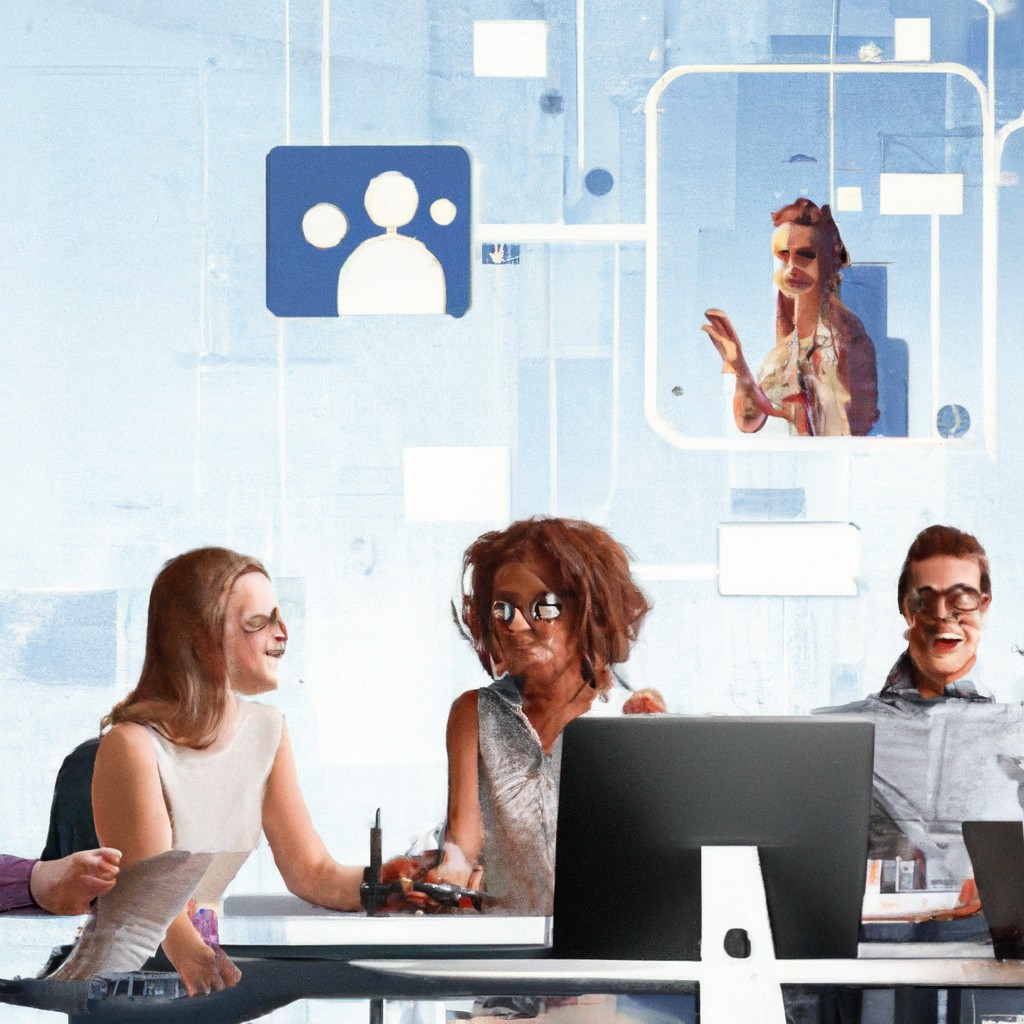Impacts of AI on employee productivity

Artificial intelligence is transforming the workplace, impacting employee productivity profoundly. AI automates tasks, streamlining workflows and increasing efficiency. Employees can focus on complex, high-value tasks that require human creativity and problem-solving skills. However, concerns arise regarding job displacement and the need for upskilling to adapt to AI technologies. Training programs can help employees transition smoothly and embrace AI as a tool to enhance their performance. Companies must cultivate a culture of continuous learning and innovation to harness the full potential of AI and maximize employee productivity. In this evolving landscape, collaboration between humans and AI is key to achieving optimal productivity levels.
Read more
The impact of remote work on workplace productivity

Remote work has revolutionized the workplace, allowing employees to work from any location. This newfound flexibility has brought about both positive and negative effects on productivity. On one hand, remote work eliminates the time spent commuting, resulting in more focused and energized employees. Additionally, the absence of office distractions and interruptions can lead to increased concentration and efficiency. On the other hand, remote work can make it challenging for employees to switch off from work, leading to longer working hours and burnout. Moreover, the lack of face-to-face interaction may hinder collaboration and creativity. Overall, remote work has the potential to boost productivity, but it requires a balance of structure and boundaries to ensure optimal results.
Read more












